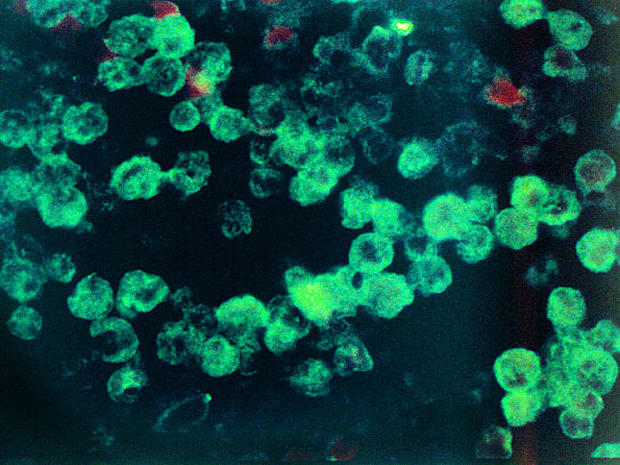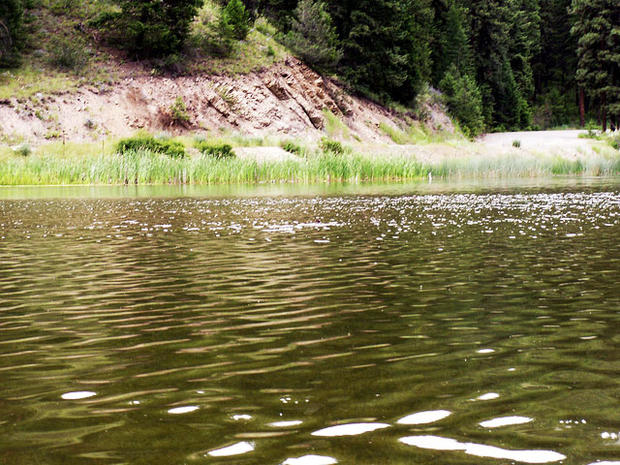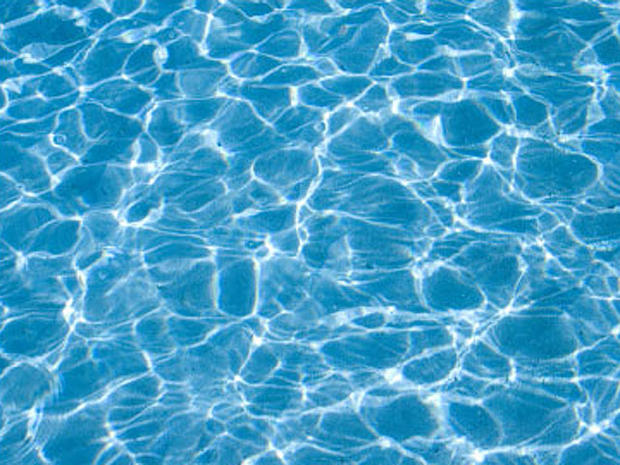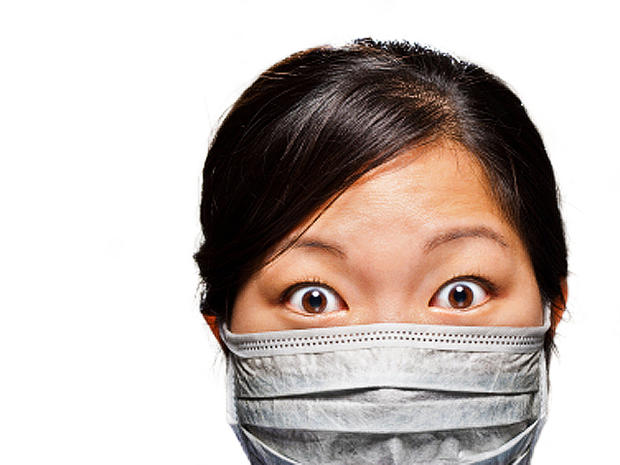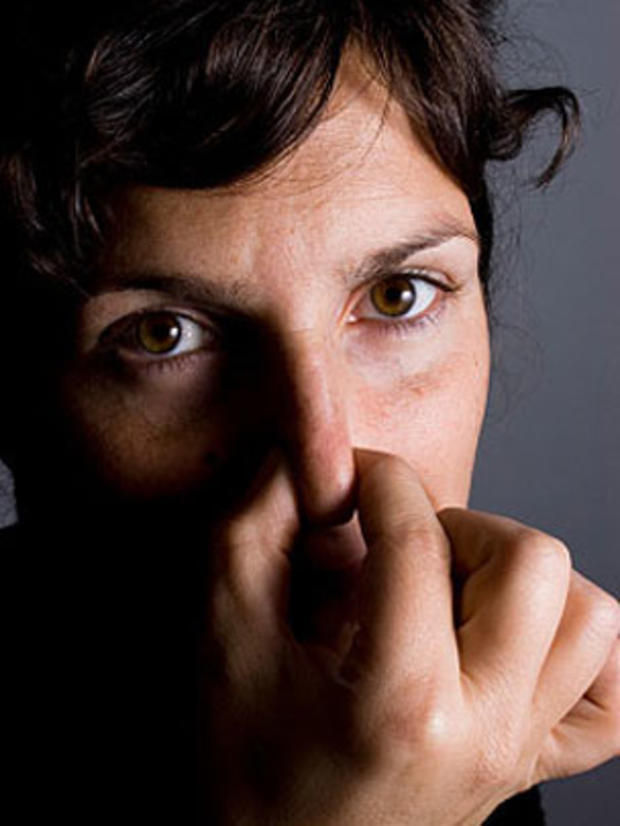Brain-eating amoeba: How to stay safe from Naegleria fowleri
It sounds like something out of a horror movie. But a "brain-eating" amoeba has infected at least 40 people in the U.S. over the past decade. The single-celled organisms go by the scientific name Naegleria folweri, and may infect people who swim in lakes or rivers.
Are the bugs found in swimming pools too? How do they get into the brain? And what can be done to limit the risk? For answers to those and other questions about Naegleria, keep clicking...
Exactly where are the amoeba found?
In the U.S., they're typically found in freshwater sources in southern states. In addition to lakes and rivers, these include hot springs, warn water runoff from industrial plants, poorly maintained swimming pools, and water heaters kept at temperatures below 117 degrees. The amoeba can also be found in soil.
How does infection occur?
Typically, Naegleria fowleri amoeba infect people through the nose. Once they have a toehold there, they travel up to the brain, where they destroy tissue. The infection typically occurs when people go swimming in lakes and rivers and other surface water, especially in warm weather.
Can drinking water cause infection?
Drinking contaminated water does not lead to infection. In very rare instances, however, people become infected with Naegleria fowleri by ingesting water from swimming pools that don't have enough chlorine. Swimming in a properly maintained pool cannot lead to infection with Naegleria fowleri.
Can the infection be passed from person to person?
No, you can't catch Naegleria folweri from another person.
What are the symptoms?
Initial symptoms, which start within the first week of infection, include headache, fever, nausea, vomiting, and stiff neck. Later symptoms include confusion, loss of balance, seizures, and hallucinations. Death typically occurs within 12 days.
Is the infection treatable?
In the lab, several drugs are effective against Naegleria fowleri. But it's not clear whether they work in humans. Almost every person to have become infected has died. Anyone who experiences symptoms should seek medical attention promptly - especially if he/she has recently been swimming in warm freshwater.
How can I reduce my risk?
Always assume that there is a low level of risk anytime you swim, dive, or water-ski in warm freshwater in the South. Hold your nose shut or use nose clips when you go into the water. And avoid digging in or stirring up sediment in potentially infectious bodies of water.
